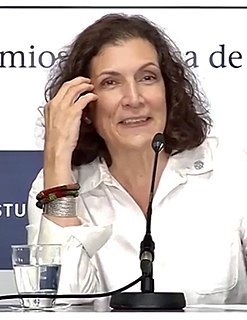A Quote by Pankaj Mishra
I think what's important and extraordinarily practical about Buddhism, is that it offers very concrete methods for people to work with.
Related Quotes
You need to work yourself up into some kind of a state every morning and believe that you are doing something terribly important upon which the future of literature, if not the world, depends. Buddhism tells you that this is just a foolish fantasy. So, I try not to think too much about Buddhism early in the morning. From noon on, I think about it.
I think, always, with a new book, I get nervous. I think mostly it is because work is really important to me, and a book doing well is important because it buys you another one. Not because of the money but if you keep doing interesting work, work that people like, they will want you to do more, and offers that are interesting come in.
After years of work in both areas of study, I concluded that the social sciences were different, in many important ways, from the natural sciences, but that the same scientific methods were applicable in both areas, and, indeed, that no very useful work could be done in either area except by scientific methods.





































